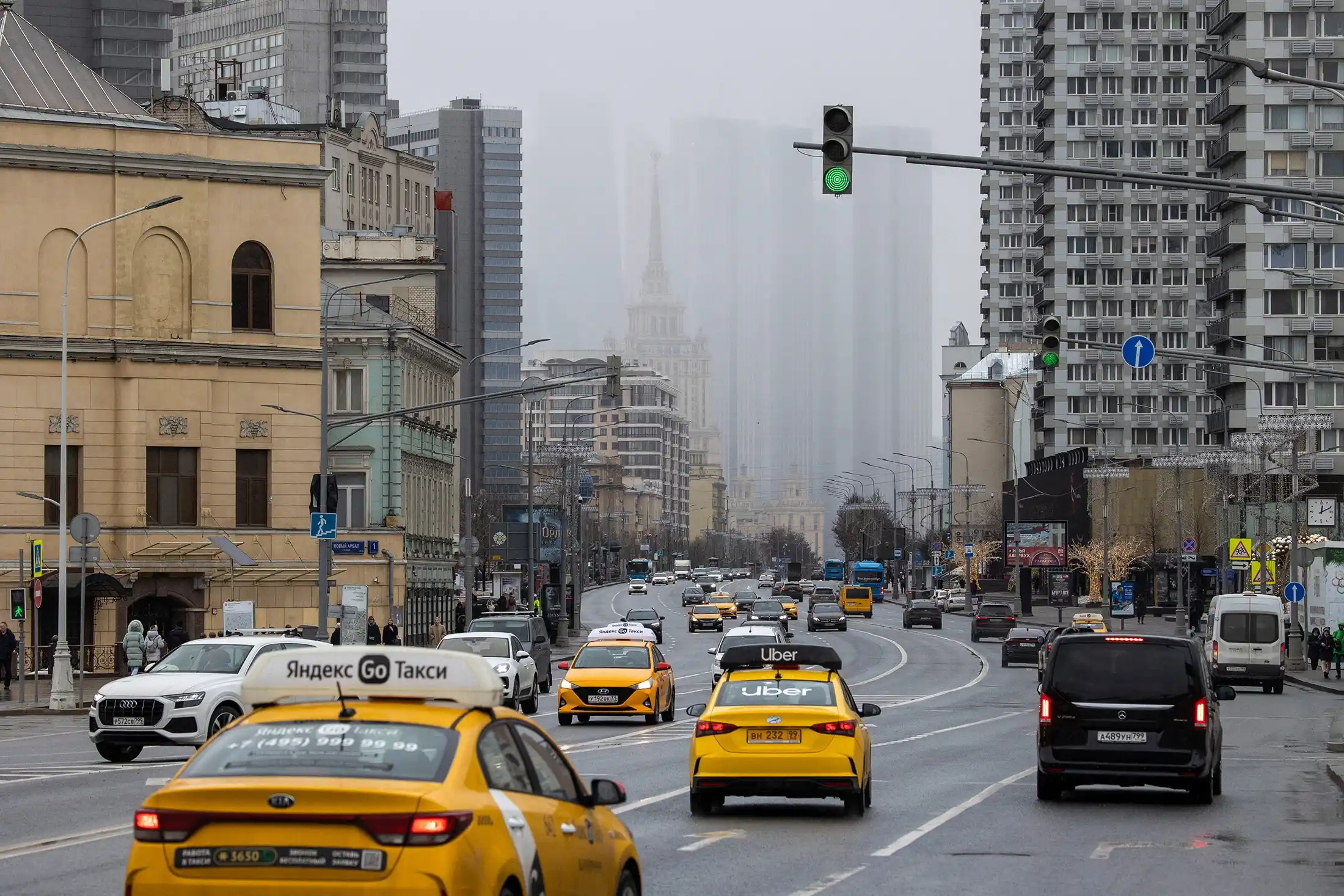According to a Bloomberg survey of economists, Russia’s economy likely returned to growth in the second quarter of 2025, avoiding a technical recession despite the pressure of record-high interest rates. GDP is estimated to have risen by 1.5% year-on-year, which also means quarter-on-quarter growth sufficient to avert a second consecutive decline.
This result indicates that the authorities are, for now, managing a so-called “soft landing” for the economy. At the same time, the main driver of growth remains government spending, particularly in the defense sector, while other industries continue to slow.
At a meeting with economic officials, President Vladimir Putin said:
“Many experts are talking about the formation of risks for excessive cooling in the economy, even recession. As far as I understand, the Bank of Russia does not see any major threats today, but we must remain vigilant to prevent such a scenario.”
Official data from Rosstat on second-quarter GDP is expected to be released on Wednesday.
Economy on the Brink of a Slowdown
After a period of rapid growth in 2023–2024, GDP in quarterly terms fell in the first quarter of 2025 for the first time since 2022. However, according to the Bank of Russia, the second quarter showed signs of recovery: annual growth accelerated from 1.4% to 1.8%.
In June, Economy Minister Maxim Reshetnikov warned that the country might be on the verge of a recession due to a prolonged period of record-high interest rates. The next day, Vladimir Putin stressed that a downturn must be avoided at all costs.
According to Bloomberg, the economy’s future trajectory will largely depend on the planned meeting between the Russian president and U.S. President Donald Trump, scheduled for Friday in Alaska, where the leaders are expected to discuss the war in Ukraine.
Political Factors and Sanctions
William Jackson, Chief Emerging Markets Economist at Capital Economics, believes that reaching an agreement to end hostilities on terms favorable to Moscow could pave the way for a partial lifting of sanctions, easing the growing strain of wartime spending.
Conversely, as Oxford Economics Lead Economist Tatiana Orlova warns, prolonging the conflict could result in “additional harsh sanctions,” likely targeting the energy sector, which may push the economy into recession.
Central Bank Actions
Bank of Russia Governor Elvira Nabiullina kept the key rate at a record 21% from October through June, aiming to cool an overheated economy whose growth in previous months was fueled by large-scale military spending and measures to mitigate the impact of sanctions.
In the past two meetings, the regulator cut rates by a total of 3 percentage points in response to signs of cooling. Nevertheless, deposit and lending rates remain high, which, as Orlova notes, is restraining consumer borrowing and demand.
Risk of Recession Persists
Dmitry Polevoy, Investment Director at Moscow-based Astra Asset Management, warns:
“The latest data clearly point to risks of returning to negative dynamics in the second half of the year.”
According to Orlova, “The economy returned to weak growth in the second quarter, but that growth is losing momentum,” and in the coming quarters the country will be balancing on the brink of recession.
This article was prepared based on materials published by Bloomberg. The author does not claim authorship of the original text but presents their interpretation of the content for informational purposes.
The original article can be found at the following link: Bloomberg.
All rights to the original text belong to Bloomberg.


















